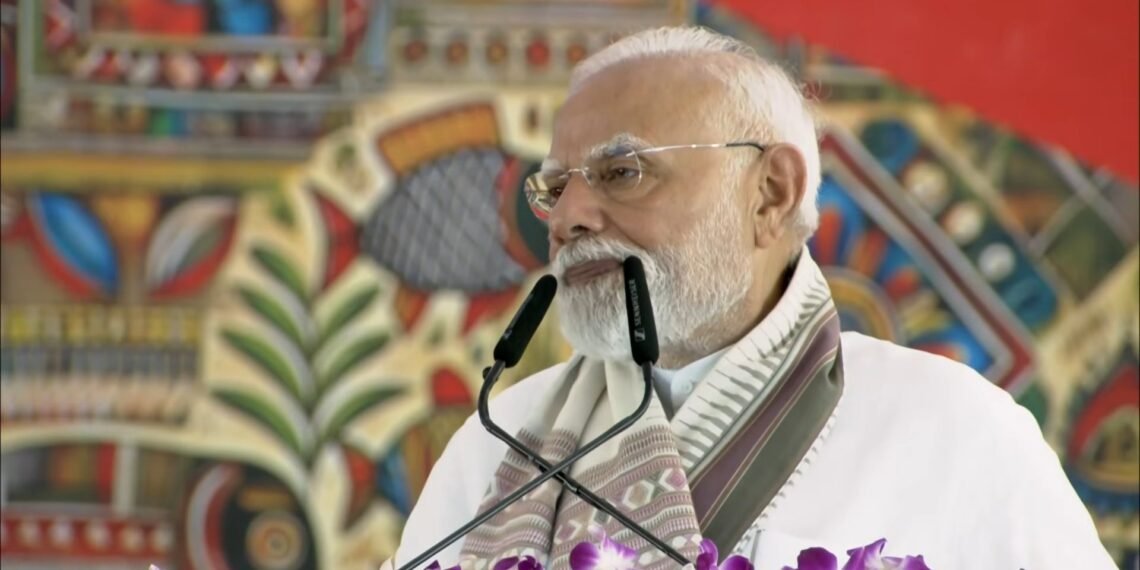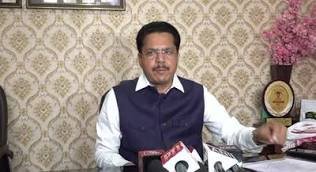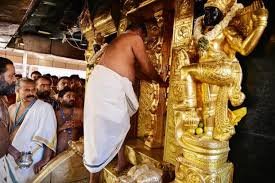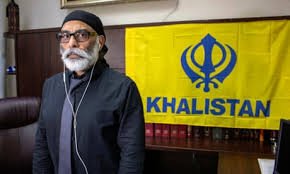Justice Sachin Datta ruled that the information sought falls under the ambit of personal data protected by the right to privacy.
BY PC Bureau
New Delhi, August 25, 2025 – The Delhi High Court on Monday overturned a 2017 order of the Central Information Commission (CIC) that had directed Delhi University (DU) to disclose details of Prime Minister Narendra Modi’s Bachelor of Arts degree.
Justice Sachin Datta allowed DU’s appeal against the CIC’s directive, ruling that the order was unsustainable. “The CIC order is set aside,” the court said while pronouncing its verdict.
The controversy traces back to 2016, when former Delhi Chief Minister Arvind Kejriwal publicly questioned the Prime Minister’s educational qualifications and demanded that his degrees be made public. Around the same time, Neeraj Sharma, a citizen, filed a Right to Information (RTI) application seeking records of all students who cleared the BA Political Science course at DU in 1978, the year PM Modi has claimed to have graduated.
READ: Supreme Court Stays FIR against psephologist Sanjay Kumar
After DU refused disclosure, citing privacy concerns, Sharma approached the CIC. In December 2016, Information Commissioner Prof. M. Acharyulu ordered the University to make public the register of students who graduated that year. DU challenged this before the High Court in January 2017, which stayed the CIC order.
The Delhi High Court has set aside an order of the Central Information Commission (CIC) directing the Delhi University (DU) to disclos information with respect to the bachelor’s degree of Prime Minister Narendra Modi.
Read more: https://t.co/fmjeryiCOs#DelhiHighCourt #PMModi… pic.twitter.com/MoZEFVuGf2— Live Law (@LiveLawIndia) August 25, 2025
During the latest hearings, Solicitor General Tushar Mehta, appearing for DU, argued that the right to information is not absolute and must be balanced against the right to privacy, a fundamental right upheld in the landmark Puttaswamy judgment.
“Personal information cannot be sought under RTI. Disclosure of who graduated in 1978 is unrelated to any public duty and is being demanded for political purposes,” Mehta submitted. He further contended that the RTI Act should not be misused to intimidate public authorities, as universities could be overwhelmed by frivolous demands for decades-old records.
Mehta also criticized indiscriminate RTI use, saying: “Applicants have made a mockery of the Act. The ₹10 fee cannot justify mass filing of politically motivated queries.”
On the other hand, Senior Advocate Sanjay Hegde, representing the RTI applicant, argued that DU’s claim of holding degree information in a fiduciary capacity was misplaced. “Degree-related information is external, not confidential. If a person passes or fails a driving test, that result is public. Similarly, degree records must be accessible,” he said.
READ: PUCL Flags Judiciary Over Silence During Manipur Violence
Hegde added that disclosure would serve public interest and stressed that transparency should apply equally to “ordinary citizens and public figures.”
After considering the arguments, the High Court sided with DU, emphasizing that privacy protections override indiscriminate disclosure under RTI. It held that the CIC’s order directing release of the 1978 register could not be sustained in law.
With Monday’s ruling, DU is no longer required to make PM Modi’s degree records or the list of students from 1978 public.











